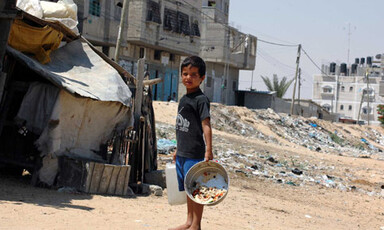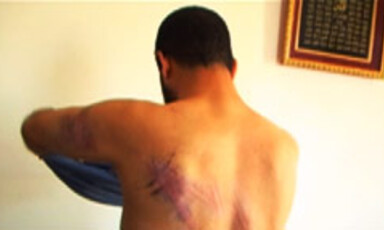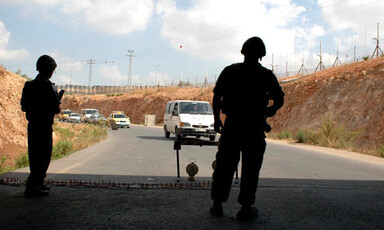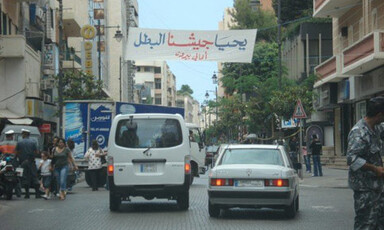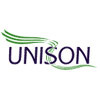
UNISON supports boycott of Israel
20 June 2007
Conference notes that, during 2006, Israel invaded Lebanon and Gaza, withheld tax revenues form the Palestine Authority and refused dialogue with the elected Authority following the democratic elections of January 2006, re-sealed the borders of Gaza, expanded illegal settlements in the West Bank, and continued the construction of the illegal Apartheid Wall. Israeli policy represents a calculated defiance of international law and the United Nations (UN), with the collusion of the United States (US), United Kingdom (UK) and European Union (EU) which cut off aid to the Palestinian Authority. Read more about UNISON supports boycott of Israel
